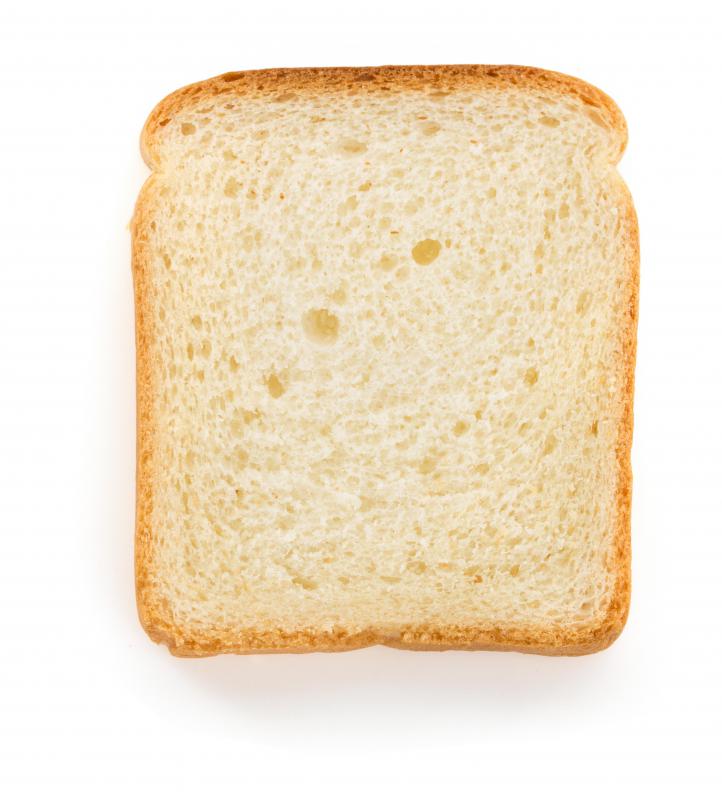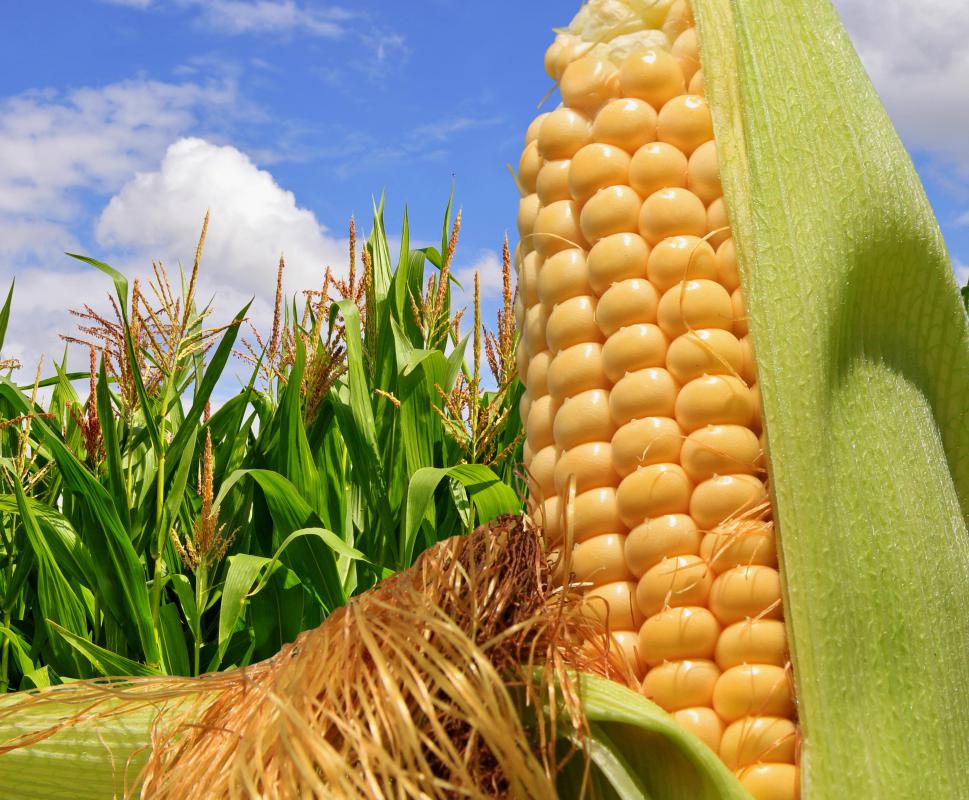At DelightedCooking, we're committed to delivering accurate, trustworthy information. Our expert-authored content is rigorously fact-checked and sourced from credible authorities. Discover how we uphold the highest standards in providing you with reliable knowledge.
High Fructose Corn Syrup vs Aspartame: Unveiling the Healthier Sweetener Choice

Navigating the health implications of sweeteners, particularly high fructose corn syrup vs aspartame, requires a nuanced understanding of their respective risks. According to a comprehensive review by the American Heart Association, high fructose corn syrup, prevalent in many processed foods, has been linked to obesity and an increased risk of metabolic syndrome and type 2 diabetes.

On the flip side, aspartame, a common artificial sweetener, has been scrutinized for potential neurological effects, although the FDA considers it safe for general consumption at current levels. The debate between high fructose corn syrup and aspartame is complex, with each carrying distinct health considerations that consumers must weigh based on scientific evidence and individual dietary needs.

Studies suggest that the amount of both aspartame and high fructose corn syrup consumed seem to be a factor in whether or not ill effects may occur. Therefore, if people avoid the high fructose corn syrup but consume over the recommended limit for aspartame per day — often said to be three cans of diet soda — then they would perhaps be at a high risk for nervous system damage.

Neither form of sweetener is a natural product. High fructose corn syrup is derived from corn but is completely synthetic. Corn starch is boiled and distilled to create syrup with a very high fructose, or fruit sugar, content. The percentage of fructose varies between 45% and 85%. The problem is that the human body is not made to digest this very high sugar concentration, just as it are not made to digest the high concentration of ingredients in aspartame.

Aspartame is made up of 50% phenylalanine, 40% aspartic acid, and 10% methyl alcohol. Phenylalanine and aspartic acid are actually important amino acids that are found naturally in many foods, but again the percentages used in the man-made sweetener is much too high for our bodies to consume naturally. Methyl alcohol is sometimes called wood alcohol, and it can cause blindness as well as kidney and liver failure.

Methyl alcohol is thought to turn into formaldehyde in the body. Formaldehyde is a chemical used in embalming and is considered poisonous to the central nervous system. High levels of aspartic acid are said to damage the basal ganglia part of the brain and damage to the basal ganglia has been shown in many studies to be connected to the development of Parkinson's disease. Phenylalanine is high amounts is said to cause a reduction in dopamine production in the brain and dopamine levels have also been found to play a role in diseases such as Parkinson's.

Aspartame is usually found only in sugar-free versions of foods such as desserts and drinks, while high fructose corn syrup is found in a large range of packaged foods. High fructose corn syrup is commonly used in foods such as tomato sauce, cake mixes, cereals, bread,s and juice. Manufacturers use it rather than natural sugar as it is cheaper and has a much longer shelf life. Several studies have linked high fructose corn syrup to obesity, heart disease, and cirrhosis of the liver. Since the choice between the two sweeteners seems to be like choosing between a rock and a hard place, maybe the answer is to read labels and consume only a small amount, if any, of both ingredients.
Frequently Asked Questions
What is aspartame?

Aspartame is a synthetic sugar substitute that is included in a lot of foods and beverages. It is a peptide made up primarily of aspartic acid and phenylalanine with a trace quantity of methanol. It is frequently seen in items with "diet" or "low calorie" labeling and is nearly 200 times sweeter than sugar.
What is high fructose corn syrup?
The sweetener known as high-fructose corn syrup (HFCS) is created by digesting maize starch to change some of its glucose molecules into fructose. It is used as a less expensive alternative to sugar in many processed goods and drinks.
Which is worse for you, HFCS or aspartame?
Since both aspartame and HFCS may be hazardous to your health, it is difficult to determine which is worse for you. Numerous studies have connected aspartame to headaches, drowsiness, and perhaps cancer. Contrarily, HFCS has been connected to diabetes, obesity, and other health problems. Moderation is key in everything, including everything else. Labels should be carefully studied so that you are aware of how much you are consuming.
Should I stay away from everything that contains HFCS or aspartame?
Unless you have a reaction to them, no. When used in moderation, HFCS and aspartame are generally OK. It is advised to stay away from products containing either of them if you are allergic to either of them. Aspartame and HFCS are frequently found in highly processed meals, independent of the sweetener amount. Consuming these foods in moderation is advised.
What other natural sweeteners are there?
Honey, maple syrup, agave nectar, and stevia are examples of natural sweeteners that can be used in place of aspartame and HFCS. Although these alternatives are frequently viewed as being healthier than artificial sweeteners, it is nevertheless crucial to use them with caution because they may still result in an excessive intake of calories.
AS FEATURED ON:
AS FEATURED ON:

















Discussion Comments
An important fact about aspartame is that its three components that you have mentioned (aspartic acid, phenylalanine, and methanol) are naturally found in significantly greater quantities in common foods that are regularly consumed as part of a balanced diet. For comparison, an 8 oz glass of milk has 6 times more phenylalanine and 13 times more aspartic acid than 8 oz of aspartame sweetened beverage. Similarly, 8oz fruit or tomato juice has three to five times more methanol.
Therefore, the claim that the percentage of these components found in aspartame are too high for our bodies to consume is simply untrue. Regardless of whether these three components come from aspartame or from a naturally occurring food source, they are broken down and safely excreted from the body in the same way while posing no adverse health effects on the body.
The same is true for formaldehyde, which may be formed during the breakdown process of methanol from any source. Formaldehyde is also naturally present in foods and is a normal compound that our body regularly produces as a building block for other cell structures, so we are constantly exposed to low levels of formaldehyde from various sources, and they pose no health risk.
In addition, despite claims made in this article that aspartame is tied to Parkinson's disease, the National Parkinson's Foundation is one of hundreds of organizations that condones the safety of aspartame and recognizes that there is no evidence that aspartame is linked to the development of disease or adverse health effects.
We hope this information has been helpful in clarifying the misunderstanding surrounding aspartame.
In recent years I have really become a label reader. When I think about the amount of chemicals we put in our bodies every day, it can almost make me sick. In fact, I think these synthetic sweeteners are causing us to have a lot of physical and medical problems.
You would be surprised at how many food items have high fructose corn syrup in them. Even things that you would least expect like bread can often have this added in.
I don't think there is any way you could really determine if one of these was worse than the other. I don't think that either fruit sugar or aspartame is safe. The term 'fruit sugar' is some a deceptive name. At first you think because it has the word 'fruit' in it that it is good for you, but that is far from the truth.
My husband drinks a lot of soda pop and I am worried about his blood sugar levels. At his last checkup his doctor told him his numbers were at the pre-diabetic level. He really cut back for awhile, but now is back to drinking a lot of pop again.
I think one thing that makes it not quite so bad for him is that he is very physically active, but even then, all of that synthetic sugar will start to take a toll on his body. I think we have become very dependent on sweeteners and often think just because something has little to no calories it is better for us.
I have a friend who drinks around 5-6 diet sodas a day. She starts drinking this in the morning for breakfast and drinks them all day long. I have tried to explain the dangers of aspartame to her, but I she doesn't really want to hear it.
I think she would have some withdrawal symptoms if she tried quitting cold turkey. After reading about the dangers of aspartame several times, I finally quit drinking diet soda. I know that any kind of soda isn't good for you, but I think the diet soda with the aspartame is even worse than regular soda with the high fructose corn syrup in it.
I have tried to eliminate both of these products from my diet. I have replaced drinking diet soda with water, and try not to buy products that have high fructose corn syrup in them.
I have even tried to eliminate white sugar and use honey, agave or brown syrup for natural sweeteners. There are ways we can sweeten our food and drink without using these chemicals, but it is not often easy.
For me, it takes a conscious effort as it is very easy to pick up packaged products and soda that have aspartame and high fructose corn syrup in them. You really have to go out of your way to try and avoid these products, neither of which are healthy for you.
Moldova-I agree with you that aspartame toxicity will not occur with a few diet sodas, but I think that this article definitely makes you think twice about the aspartame dangers.
I know I won’t be as casual about it as I was. I have already stopped eating foods with Tran’s fat or hydrogenated oils. They are both the same although you don’t always see the word Trans fat.
Usually processed foods have this ingredient. If you eat fresher food then you will not have that problem.
Cafe41-I think anytime you ingest artificial chemicals like this there are bound to be some sort of study of how dangerous it is.
A lot of times the studies are done with very high doses of aspartame that the average person would not ingest. I occasionally drink about a few Diet Cokes a week, and I don’t think this is going to hurt me.
I don’t use aspartame sweetener in my coffee. I prefer regular sugar.
I know that recently they stated that aspartame during pregnancy is very dangerous to a pregnant women.
All soft drinks with aspartame should be avoided during this time. Aspartame products mainly diet sodas and sugar free desserts can be ingested in small doses.
Like everything else large doses of anything can be harmful. I do think that aspartame sweeteners can also be helpful for diabetics.
These aspartame laden foods taste sweet but do not contain the sugar that is detrimental to a diabetic’s health.
So at least this product does allow diabetics the opportunity to enjoy some foods that they would otherwise not be able to ingest.
Post your comments